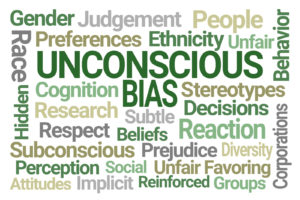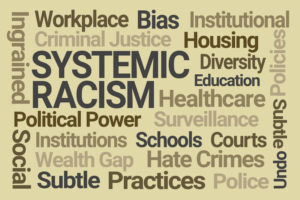Today is International Women’s Day (IWD) and March is Women’s History Month. The International Women’s Day 2023 campaign theme is #EmbraceEquity. As their website says, “The aim of the IWD 2023 #EmbraceEquity campaign theme is to get the world talking about Why equal opportunities aren’t enough. People start from different places, so true inclusion and belonging require equitable action. International Women’s Day is a global day celebrating the social, economic, cultural, and political achievements of women. The day also marks a call to action for accelerating women’s equality.”
#EmbraceEquity campaign theme is to get the world talking about Why equal opportunities aren’t enough. People start from different places, so true inclusion and belonging require equitable action. International Women’s Day is a global day celebrating the social, economic, cultural, and political achievements of women. The day also marks a call to action for accelerating women’s equality.”
Yes, we have much progress to celebrate but sad to say that in 2023, there is still so much more to do. Especially with our current political climate and Diversity, Equity and Inclusion (DEI) programs being under attack in some states. Take Florida for example where the governor announced in February that he intends to ban state universities from spending money on diversity, equity and inclusion initiatives, calling them discriminatory.
I continue to participate in CHIME’s Diversity, Equity and Inclusion committee as we start another year of programming for all CHIME members. As leaders, raising awareness and finding ways to take positive and meaningful action for our employees and our patients is what this work is about. This Friday as part of the DE&I Dialogues series, we will host a live webinar entitled, “Why DE&I: Defining Health Disparity, Inequity, and Inequality”. The webinar will cover why DE&I is important in your healthcare organization and how it impacts patient care. Featured speakers are Andrea Daugherty, CIO at Dell Medical School at the University of Texas at Austin, Cletis Earle, SVP and CIO at Penn State Health, and Dr. Eric Quinones, Chief Healthcare Advisor at World Wide Technology. You can register here for the March 10, 12PM ET webinar. I hope you will join us this Friday and for future DE&I Dialogues as we continue to learn and work together in 2023.
Related Posts:
International Women’s Day all year long
Women’s History Month, not exactly a Hallmark care event!
One year later – an increased focus on diversity equity and inclusion







